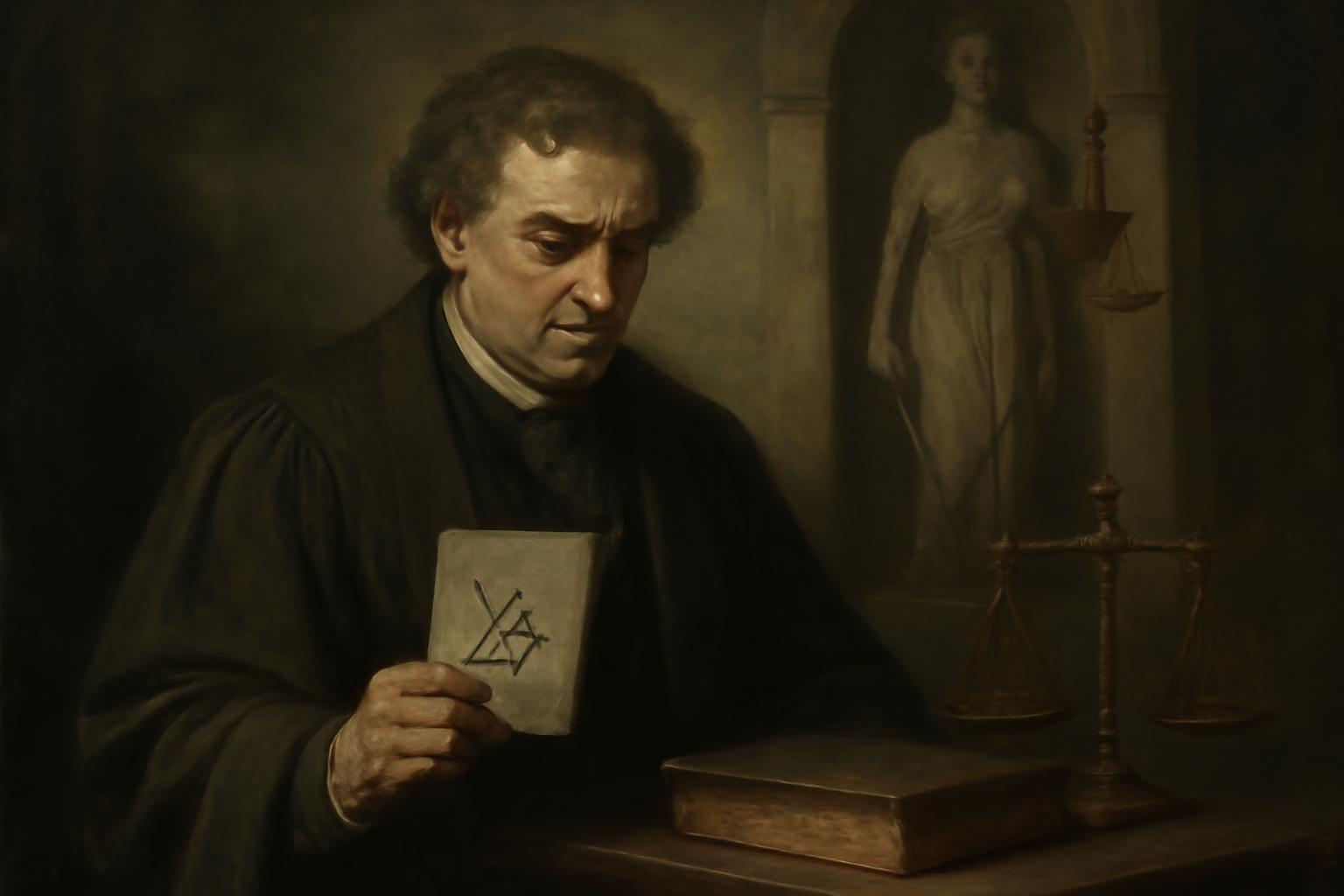In the marble shadows where law once kept vigil over the common doom, a new guardian is sought by the curving hands of party prudence, a female candidate whose name remains hidden as if to spare the fragile dream of certainty. The procession of questions circles like a chorus to a tragedy not yet written: there is, they say, a concrete candidate, but the light parts its lips and reveals nothing, insisting only that she shall be a woman. And so the theatre proceeds, with the spectacle of secrecy masking the very dawn of constitutional judgment.
Frauke Brosius-Gersdorf withdraws, not from a battlefield of principle but from the sharpened blade of online scourge, a liberal stance on abortion becoming the iron tempest that tears a career from its hinges. Rumors wander—Katarina Barley, Nancy Faeser, others—like specters in a ruined city, while the players insist on quiet, on the sanctity of quiet, as if silence could bind the world to order. The two parties of the black-red coalition drift with the fragility of a fragile age, where the nomination demands a two-thirds rite of passage, where cross-party accord is not a grace but a necessity, and where the fear of public ruin looms as a specter over every whispered compromise.
The party line murmurs a stubborn continuity: the new guardian will share the same fundamental positions as the predecessor, a pledge that sounds almost like a ritual denial of change. Yet the unions, Greens, and Left must be coaxed into harmony, not by the soft counsel of reason but by the blunt instruments of confidence-building, team talks, the artful forging of trust. And so September approaches with the Bundestag poised to vote, a cruel clock in a hall of memory, while leaders map more intimate gatherings, more outward civility, as if proximity could temper the storm.
What tragedy, what moral weather, when a constitutional temple is made to dance before an audience of blocs! Nietzsche would tell us that power, pressed into the image of law, mutates with every whisper of party interest, and that the search for a guardian of the Basic Law becomes a test not of wisdom but of the will to power wearing a robe of constitutional virtue. The Greeks spoke of sovereignty as a burden borne by those who govern; we glimpse, in this secrecy and negotiation, the chorus lamenting the spectacle of a republic that must barter its guard-rails to keep the doors from splintering.
If there remains in us any hope of a reasoned verdict, it rests in the stubborn refusal to surrender the idea that law is a fortress against chaos, not a lease to expediency. Until that ideal is more than a whispered memory, we watch the theatre with a melancholy eye, knowing that the next act may reveal once more that the temple of justice is, for the moment, only as enduring as the last, and that the age’s decline is not in its clamor but in its fatigue—the fatigue that makes even the guardianship of the constitution tremble.
